| Content | The book provides information to readers in general and members of all other sects of Islam in particular about the Shia Faith based on the tenets of the Quran, the Sunnah of the Prophet and the elucidations of the Islamic teachings by members of the Prophet's Household.
HEAVILY SUBSIDIZED BY WWW.WABIL.COM | This book contains word searches in following topics. 1Naflah 2 Qasr 3 Ghusl 4 Mayyit 5 Salaatjamaat 6 Sakaraat 6 Afterdeath 7 Ehkame 8 Hunoot 9 Kafan 10 Quboor 11 Barzakh 12 Grave 13 Squeezing 14 Ijara 15 Walidan
HEAVILY SUBSIDIZED BY WWW.ISLAMICTHOUGHT.CO.UK
| By Abdul Adheem al-Muhtadi al-Bahrani Shipping Costs are £2.99 Per Book | Principles of good governance in the letter of Ali to al-Ashtar refers to a set of instructions and advice for rulers, reputedly addressed at Malik al-Ashtar (d. 657), the Arab military commander and an ardent supporter of Ali ibn Abi Talib (d. 661), who was the fourth Rashidun caliph (r. 656–661), the first Shia imam, and the cousin and son-in-law of the Islamic prophet Muhammad. The letter is attributed to Ali and outlines his conception of just and righteous governance, following the appointment of al-Ashtar as the new governor of Egypt circa 657 CE. Among the earliest extant records about Islamic rule, the letter has received considerable attention throughout the Muslim history as a blueprint for Islamic governance. The theme of the letter can be summarized as justice and compassion for all, regardless of class, creed, and color. Malik was killed en route to Egypt to assume his new post at the instigation of Mu'awiya, the archenemy of Ali.
HEAVILY SUBSIDIZED BY WWW.ISLAMICTHOUGHT.CO.UK | The book, which requires brevity and concentration, is regarded as one of the best that deals with applied ethics. It is a guide for spiritual wayfarers on ethics and ways to strengthen one's faith, with the goal to reach Allah (swt). | This text contains fifty chapters, each containing an important lesson on the fundamental beliefs of our faith that are especially relevant for the youth of today. Ayatullah Makarim Shirazi presents these lessons using both philosophical reasoning as well as Qur'anic verses, and concludes each lesson with a few relevant questions which are intended to increase understanding of that particular lesson.
HEAVILY SUBSIDIZED BY WWW.ISLAMICTHOUGHT.CO.UK |

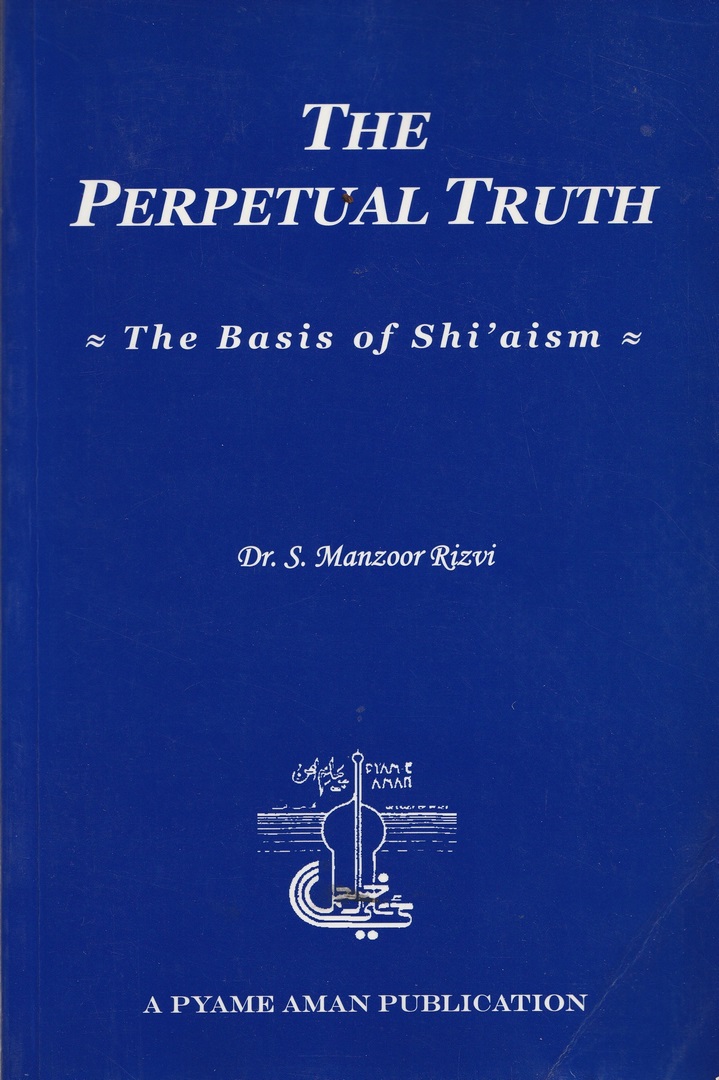
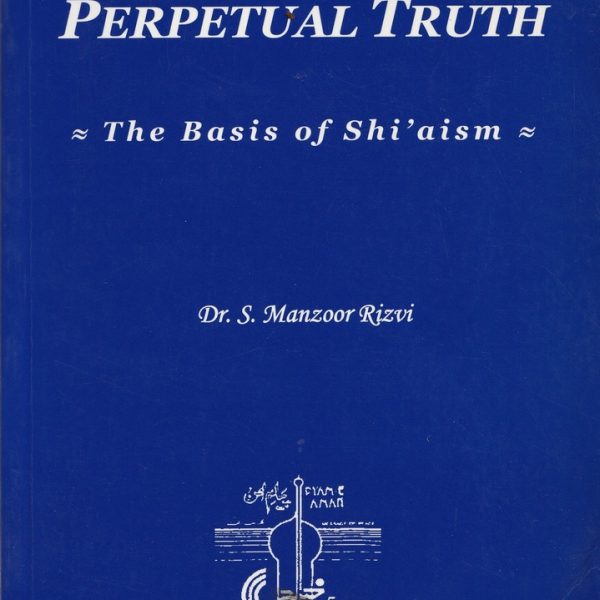

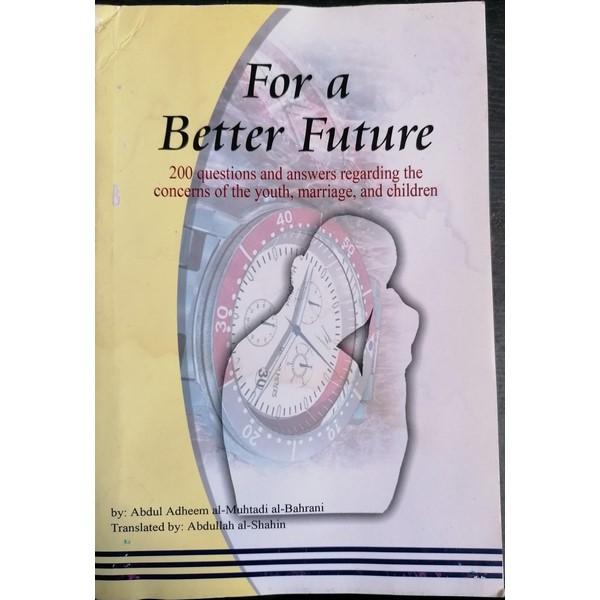


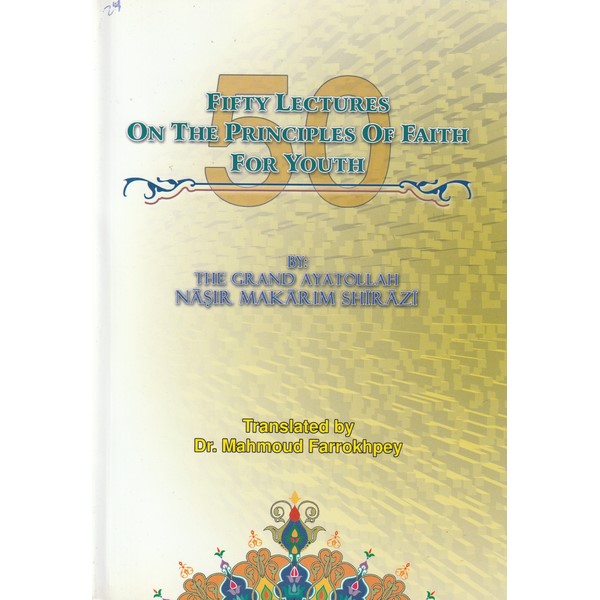


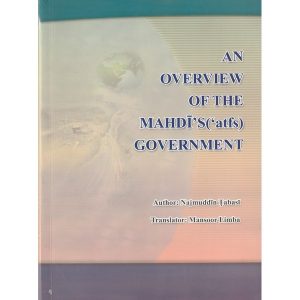

Reviews
There are no reviews yet.